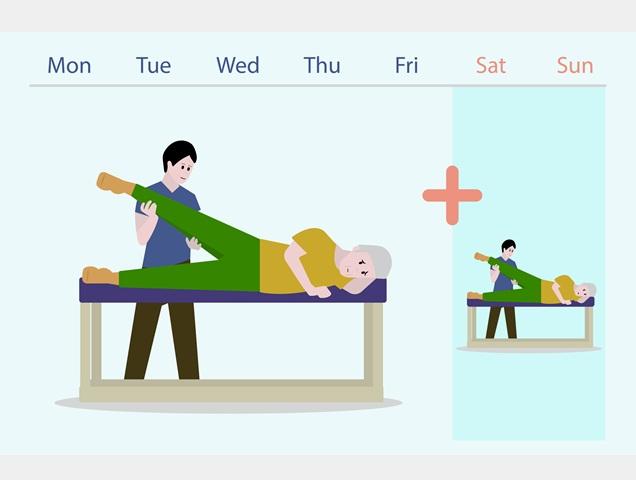Self-driving LUMI-lab system combines AI and robotics to advance design and evaluation of lipid nanoparticles for mRNA delivery Integrating AI with advanced robotics to create self-driving labs (SDL) is a promising approach…




Self-driving LUMI-lab system combines AI and robotics to advance design and evaluation of lipid nanoparticles for mRNA delivery Integrating AI with advanced robotics to create self-driving labs (SDL) is a promising approach…


The Food and Drug Administration’s decision, made public on Feb. 10, 2026, to not review an application to approve Moderna’s proposed mRNA-based flu vaccine set off a firestorm of criticism from public…


Among the most promising tools of cancer therapy, engineered immune cells known as chimeric antigen-receptor (CAR) T cells have already transformed the treatment of blood cancers. Yet, despite their promise, CAR-T cells…


We all know the feeling: the mental clarity that comes after a good run or a heavy workout. Science backs this up, even showing that for non-severe depression, exercise can be just…


Machine learning model interprets leg motion as expended energy SEAS researchers have developed OpenMetabolics, an open-source, smartphone-based activity monitor that uses machine learning and leg motion to estimate calories burned. Lab studies…


Findings could inform strategies to preserve blood cell health in athletes and stored blood Extreme endurance running damages red blood cells in ways that may affect their ability to function properly, according…


Hip fractures are common in the elderly, with many patients experiencing a decline in Activities of Daily Living (ADL) post-surgery. Therefore, postoperative rehabilitation plays a crucial role in helping patients recover to their pre-injury ADL level. Previous studies have shown that…


In announcing its “Great Healthcare Plan” in January 2026, the Trump administration became the latest in a long history of efforts by the U.S. government to rein in the soaring cost of…


As GLP-1 drugs like Ozempic and Wegovy continue to surge in use, a study from George Washington University researchers suggests an under-recognized side effect may be emerging: hair loss. A large multicenter…